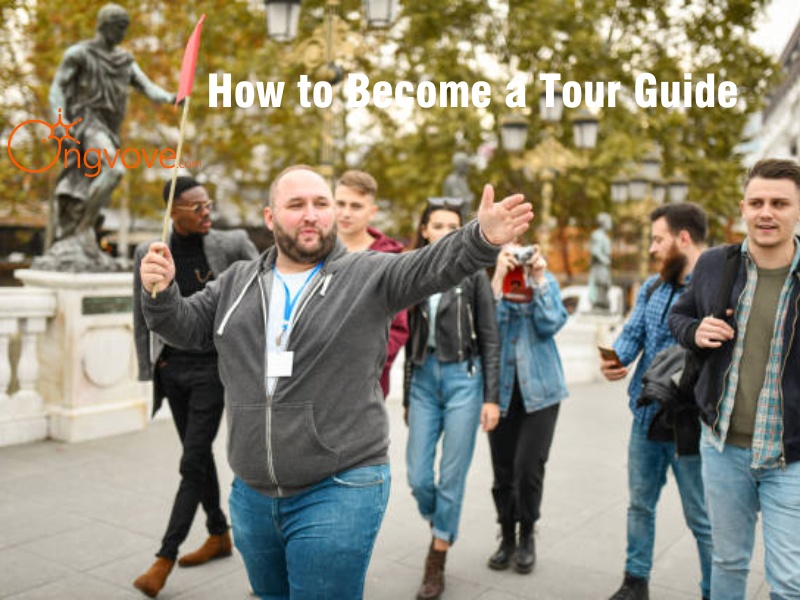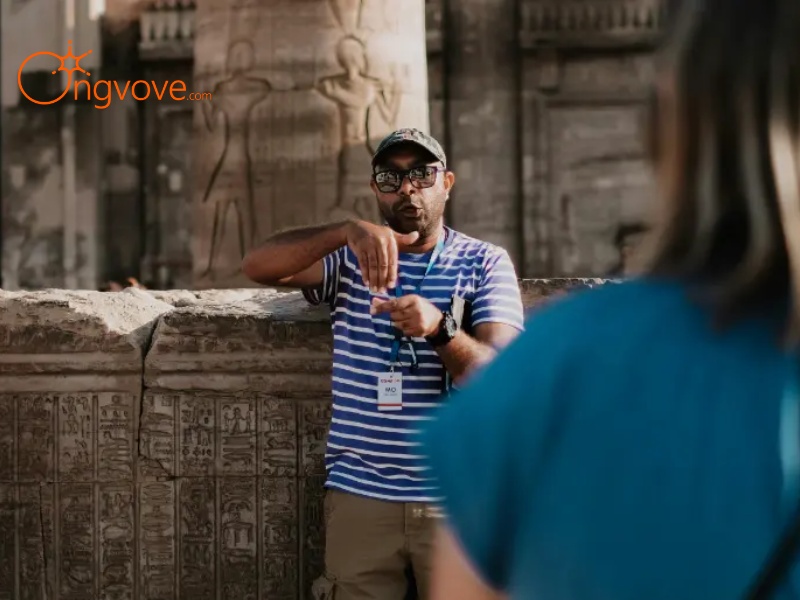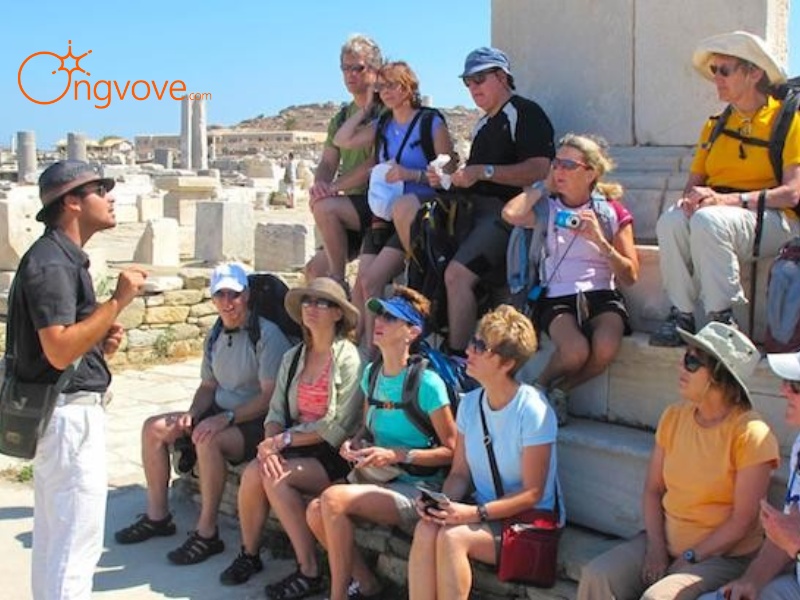

How to become a tour guide is a question that many travel enthusiasts ask. The idea of sharing the beauty of a destination, the thrill of adventure, and the tales of history with others is an attractive career path for those passionate about travel. Becoming a tour guide is not only about knowing your destination; it's about offering memorable experiences to others. This article will walk you through the process, the skills required, and the steps to building a successful tour guide career.

A tour guide job can be rewarding for those who love exploring new places and meeting people from around the world. It allows you to share stories, teach about cultural heritage, and create a welcoming atmosphere for travelers. Here are a few reasons to consider becoming a tour guide:

Before you can become a tour guide, it’s essential to understand what the job entails. Tour guides are responsible for leading groups, providing information about sites, answering questions, and ensuring the comfort and safety of their guests. Here are the core skills you need:
Being a tour guide requires clear and engaging communication. You must be able to convey information in a way that is both informative and entertaining. This includes knowing how to adapt your speaking style to different audiences, whether it’s a group of history buffs or families with children.
A deep understanding of the cultural heritage and history of your tour destination is critical. For instance, if you want to become a history tour guide, you should be well-versed in historical events, artifacts, and architecture relevant to your tour.
Exceptional customer service is a must. A good tour guide is attentive to their guests' needs, able to handle inquiries, and capable of managing any unexpected situations that may arise.
Language skills can be a major asset. Many tour companies look for guides who can speak multiple languages to cater to international tourists. Being fluent in English, Spanish, or even a language like Mandarin can set you apart in the tourism industry.
A true passion for travel and a genuine love for the destination are essential. This enthusiasm will make your tours more engaging and authentic, leaving a lasting impression on your guests.

To become a tour guide, the first step is to understand the basic requirements. These can vary based on the type of tours you want to offer and the location. For example, if you want to become a tour guide in Europe, you might need a tour guide certification specific to the country where you plan to work.
Many tour guide training programs are available, either online or in person. These courses cover a range of topics, including customer service, local history, and how to create engaging itineraries. Look for programs that offer a tour guide certification, as this can be a requirement for some employers or regions.
In some places, you may need a tour guide certification to work legally. Research the tour guide certification process in your desired location. For example, how to become a tour guide in the US might require different certification than how to become a tour guide in Asia. Some well-recognized certifications include:
Look for opportunities to gain practical experience. This could mean working as a volunteer guide at a local museum, leading walking tours in your city, or assisting with school trips. Experience not only helps you build confidence but also makes your resume more appealing to potential employers.
Once you have the necessary training and experience, it's time to find a tour guide job. Here are some ways to start your job search:

Tour guide salaries can vary significantly depending on location, experience, and the type of tours offered. On average, guides in the US might earn between $15 to $30 per hour, while specialized guides, like those focusing on archaeological tours in Egypt or luxury tours in Europe, can earn much more. Tips can also be a substantial part of a tour guide’s income.

Like any career, being a tour guide comes with its own set of advantages and challenges.
Becoming a tour guide is an exciting career path that allows you to blend passion for travel with a fulfilling job. By following these steps—understanding the requirements, obtaining proper training, and searching for tour guide jobs—you can begin your journey in the tourism industry. Whether you dream of leading adventure tours in the Sahara or guiding visitors through the cultural heritage of Europe, this path offers endless possibilities.
So, if you're wondering how to become a tour guide, start by pursuing your passion and sharing the world with others, one story at a time. Feel free to customize the content further based on your preferences or any specific details you want to highlight!
 Đọc tiếp
Đọc tiếp




16/09/2025
17/09/2025
17/09/2025
18/09/2025
18/09/2025
17/09/2025
22/09/2023
08/09/2023
21/09/2023
15/09/2023
Số lượng: 45 người
Loại tour: Tour Miền Tây
Thời gian: 12H
Số lượng: 10 người
Loại tour: Tour trang trại 1 ngày
Thời gian: 12H
Số lượng: 10 người
Loại tour: Tour trang trại 1 ngày
Thời gian: 12H
Số lượng: 10 người
Loại tour: Tour trang trại 1 ngày
Thời gian: 8H
Số lượng: 6 người
Loại tour: Tour Huế
Thời gian: 8H
Số lượng: 10 người
Loại tour: Tour Đà Nẵng









